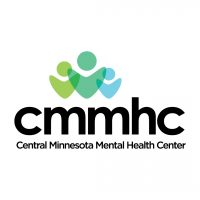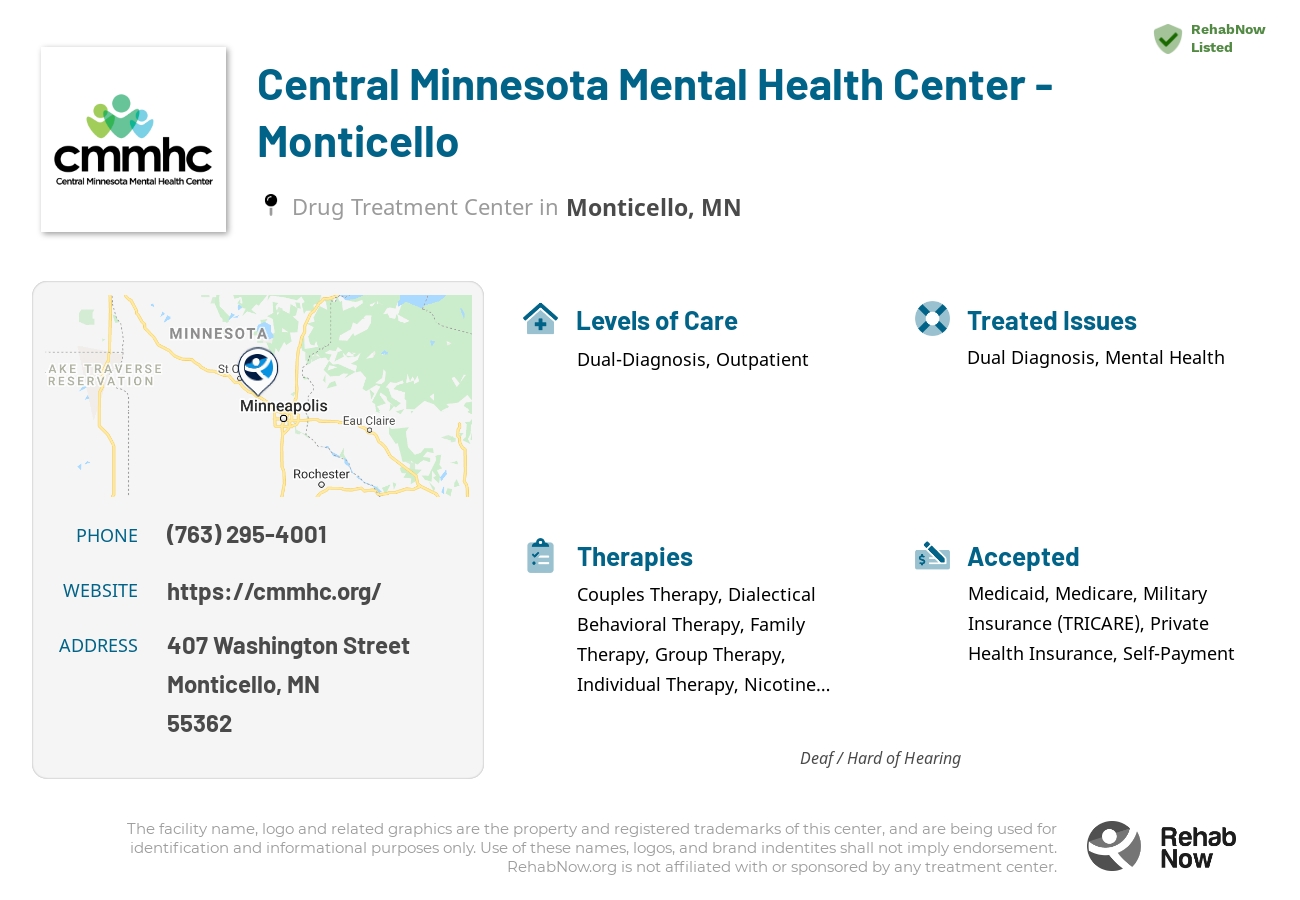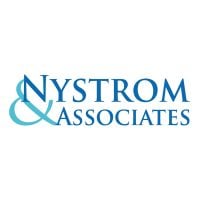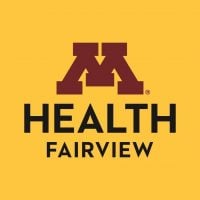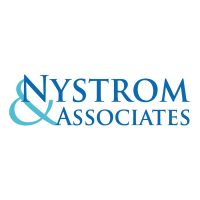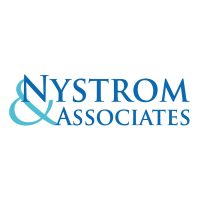Central Minnesota Mental Health Center - Monticello
Drug Rehab Center in Monticello, Minnesota
Central Minnesota Mental Health Center - Monticello provides comprehensive counseling and treatment for those struggling with mental health and substance use disorders with a focus on evidence-based practices, offering individualized treatment plans and a variety of services including assessments, individual counseling, group counseling, family counseling, and medication management.
About Central Minnesota Mental Health Center - Monticello in Minnesota
Central Minnesota Mental Health Center - Monticello is an addiction treatment facility located in Monticello, Minnesota. Founded in 1959, this center has been providing mental health services to individuals suffering from dual-diagnosis and substance abuse issues for over six decades. Central Minnesota Mental Health Center - Monticello offers dual-diagnosis treatment, which combines therapy and medical interventions for individuals dealing with both mental health disorders and addiction. They also provide outpatient levels of care, allowing patients the flexibility to receive treatment while continuing with their daily responsibilities. Moreover, the facility accepts private health insurance, ensuring that patients have access to necessary treatment options without financial strain. Affiliated with the Central Minnesota Mental Health Center, this facility emphasizes a comprehensive and personalized approach to helping individuals overcome addiction-related challenges.
Central Minnesota Mental Health Center - Monticello provides a range of services and treatment methods aimed at addressing addiction and substance abuse disorders. Their approach includes individual therapy sessions that allow individuals to explore underlying factors contributing to their substance abuse while receiving guidance in developing coping mechanisms. Group therapy sessions are also available, giving patients the opportunity to gain support from peers who may share similar experiences and challenges. In addition, the center may utilize evidence-based treatments such as cognitive-behavioral therapy (CBT) or dialectical behavior therapy (DBT) to help individuals modify unhealthy behavior patterns and develop healthier strategies for managing cravings and triggers. With an emphasis on dual-diagnosis treatment, central Minnesota Mental Health Center - Monticello aims to address both the mental health concerns underlying addiction while providing effective strategies for long-term recovery.
Genders
Ages
Modality
Additional
Conditions and Issues Treated
Recovery is not simply about stopping drug use. Recovery is working with addiction while recovering mental health issues that are fueling the addiction in the first place.
Levels of Care Offered
This center offers a variety of custom treatment tailored to individual recovery. Currently available are Dual-Diagnosis, Outpatient, with additional therapies available as listed below.
Outpatient treatment is considered the lower intensity level of addiction treatment. It’s ideal for early phase addiction or lower intensity addictions. It may include weekly sessions instead of daily. It may include weekly sessions instead of daily. Peer group support, 12-step programs, and individual counseling may still be involved but at a lesser frequency than an intensive outpatient program. It is a good choice for someone who doesn’t need to go through a medically supervised detox and who has a supportive home environment. It requires motivation and dedication to commit to the program without constant monitoring.
Therapies & Programs
Individual therapy involves one-on-one sessions between the patient and therapist. It provides patients with a safe environment to openly discuss personal and sensitive issues with the therapist. They find the therapist as someone they can trust. Individual therapy aims to identify the core issues that would have led the patient to substance abuse and address them effectively. The therapist can develop patient-specific customized solutions through individual therapy, which aids speedier recovery.
Couples therapy works with clients and significant others in a professional capacity to improve relationship dynamics. This can be helpful for addicts who are trying to marry the idea of recovery into their work, family, social lives – any aspect that has to do with relationships.
Through counseling sessions, addicts will have an opportunity to talk about their addiction with professional partners. These partners can offer feedback and advice on how to get sober while keeping healthy relationships intact. A good couples therapist will help addicts understand their part in an unhealthy relationship dynamic or find ways to deal with anger or resentment from significant others outside of the home.
Family therapy is a group problem-solving that aims to improve communication and relationships between the addict, their family, and sometimes friends. The main goal of family therapy for drug addiction is to create an environment where communication can occur without judgment, hostility, or blame. The therapist is with the family as they learn to communicate differently, especially with the addict when s/he is using. The family can learn to reduce their enabling behavior or rally together and support each other during tough times.
An addict’s family can play a vital part in helping them to avoid relapse because they can spot the warning signs and help them get back on track before it becomes too much of a problem. Family therapy is one of the most effective ways to help addicts stay on the path to long-term sobriety. When a drug addict decides that they want to try and get sober, it takes the support of every person they love to succeed. It can be incredibly difficult for loved ones to watch an addict go through the pain and suffering of withdrawal, but by being there with them and supporting them, they can help to make sure that the addiction never returns.
Groups typically involve meetings with other recovering addicts who can relate to one another’s experiences. They might meet in person or online and typically focus on the process of staying sober rather than overcoming a specific addiction.
In these groups managed by Central Minnesota Mental Health Center - Monticello, addicts can build a sense of community and develop strong emotional connections with others who understand what they are going through. These beneficial relationships can help addicts overcome their cravings and prevent relapse at any point during the recovery process.
In general, trauma therapy is a clinical process that helps individuals deal with mental stress often caused by traumatic events. The therapist helps the person identify, understand, and work through the problem. This is done with the help of talking about it in group or one-on-one counseling sessions. Therapists use relaxation, role-playing, art, and music to help the person open up about what is bothering them.
There are many different types of trauma therapists, such as psychiatric nurses and counselors. Not everyone is a good candidate for this type of therapy; it is generally reserved for people who have recently experienced a traumatic event and struggle to get over it. It is often done for children, teenage victims of sexual assault, and war veterans.
Dialectical Behavior Therapy (DBT) is a type of therapy created in the late 1980s and early 1990s to help people with high rates of suicidal behavior. DBT helps people learn how to live a life that is no longer controlled by overwhelming emotions and urges. It is beneficial in treating drug addiction because it helps patients understand and cope with their cravings for drugs or alcohol rather than turning to those substances as a way of coping.
There is hope for people who are addicted to drugs and alcohol. Cognitive Behavioral Therapy (CBT) is the solution. CBT focuses on the underlying thoughts and behaviors that caused the addiction problem in the first place and may cause a relapse. This type of psychotherapy addresses negative feelings common in substance abuse disorders. It helps to change them by restructuring thought patterns. It’s about removing negative thoughts and providing long-term benefits while promoting self-awareness, self-control, and healthy ways to respond to negative thoughts. These sessions can be done by themselves or as part of combination therapy.
Payment Options Accepted
For specific insurance or payment methods please contact us.
Is your insurance accepted?
Ask an expert, call (888) 674-0062
Central Minnesota Mental Health Center Associated Centers
Discover treatment facilities under the same provider.
- Central Minnesota Mental Health Center - Elk River in Elk River, MN
- Central Minnesota Mental Health Center - Buffalo in Buffalo, MN
Learn More About Central Minnesota Mental Health Center Centers
Additional Details
Specifics, location, and helpful extra information.
Monticello, Minnesota 55362 Phone Number(763) 295-4001 Meta DetailsUpdated November 25, 2023
Staff Verified
Central Minnesota Mental Health Center - Monticello Patient Reviews
There are no reviews yet. Be the first one to write one.
Monticello, Minnesota Addiction Information
Minnesota is fighting an opioid epidemic that is leaving hundreds of its residents dead each year. Both prescription opioids and illicit opioids are widely abused in the Land of 10,000 Lakes. Heroin continues to be one of the most commonly abused drugs in the state, if not the most common illicit drug. Over 10% of all treatment admissions in Minnesota list heroin as their drug of choice.
Monticello, Minnesota is known for its high drug addiction and abuse rates. According to recent statistics, around 9,000 people in the city are addicted to drugs. The average age of someone who abuses drugs in Monticello is 26 years old. Many local drug addiction treatment programs in Monticello can help those struggling with addiction get sober and start to rebuild their lives.
Treatment in Nearby Cities
- Onamia, MN (53.6 mi.)
- Faribault, MN (74.0 mi.)
- Park Rapids, MN (127.7 mi.)
- Navarre, MN (26.7 mi.)
- Stillwater, MN (50.5 mi.)
Centers near Central Minnesota Mental Health Center - Monticello
The facility name, logo and brand are the property and registered trademarks of Central Minnesota Mental Health Center - Monticello, and are being used for identification and informational purposes only. Use of these names, logos and brands shall not imply endorsement. RehabNow.org is not affiliated with or sponsored by Central Minnesota Mental Health Center - Monticello.
